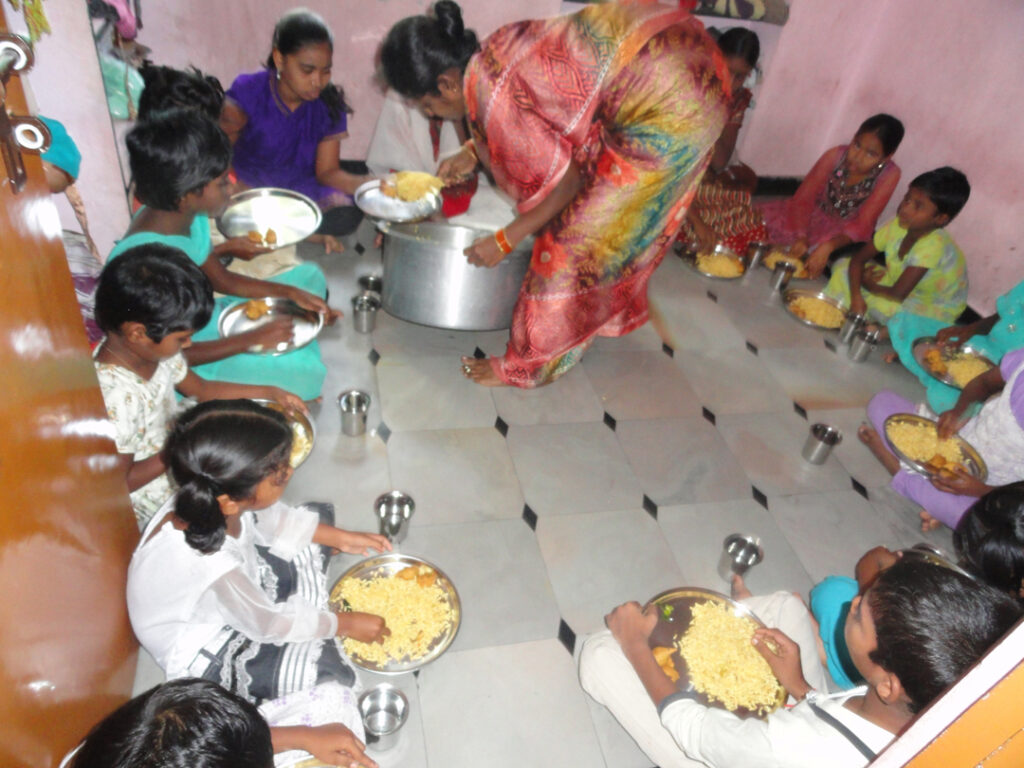The provision of food by charities and NGOs for children holds profound value, addressing critical aspects of their well-being and development. Beyond the immediate sustenance it offers, this support lays the foundation for physical health, cognitive development, and overall resilience in the face of adversity. In many communities around the world, access to nutritious meals is a cornerstone of breaking the cycle of poverty, ensuring that children can thrive and reach their full potential.

The impact of food assistance extends beyond immediate physical health to academic achievement. Well-fed children are more likely to attend school regularly and engage effectively in learning. Charities and NGOs recognize the interplay between nutrition and education, striving to create an environment where hunger does not hinder a child’s ability to excel academically. In doing so, they contribute to breaking the cycle of poverty by providing the educational foundation for a brighter future.
In many cases, food assistance programs are integrated with broader community development initiatives. Charities and NGOs often work hand-in-hand with local communities to establish sustainable agricultural practices, community gardens, or nutrition education programs. By empowering communities to produce their own food and promoting nutritional knowledge, these organizations foster self-sufficiency and resilience, ensuring the long-term impact of their efforts.
